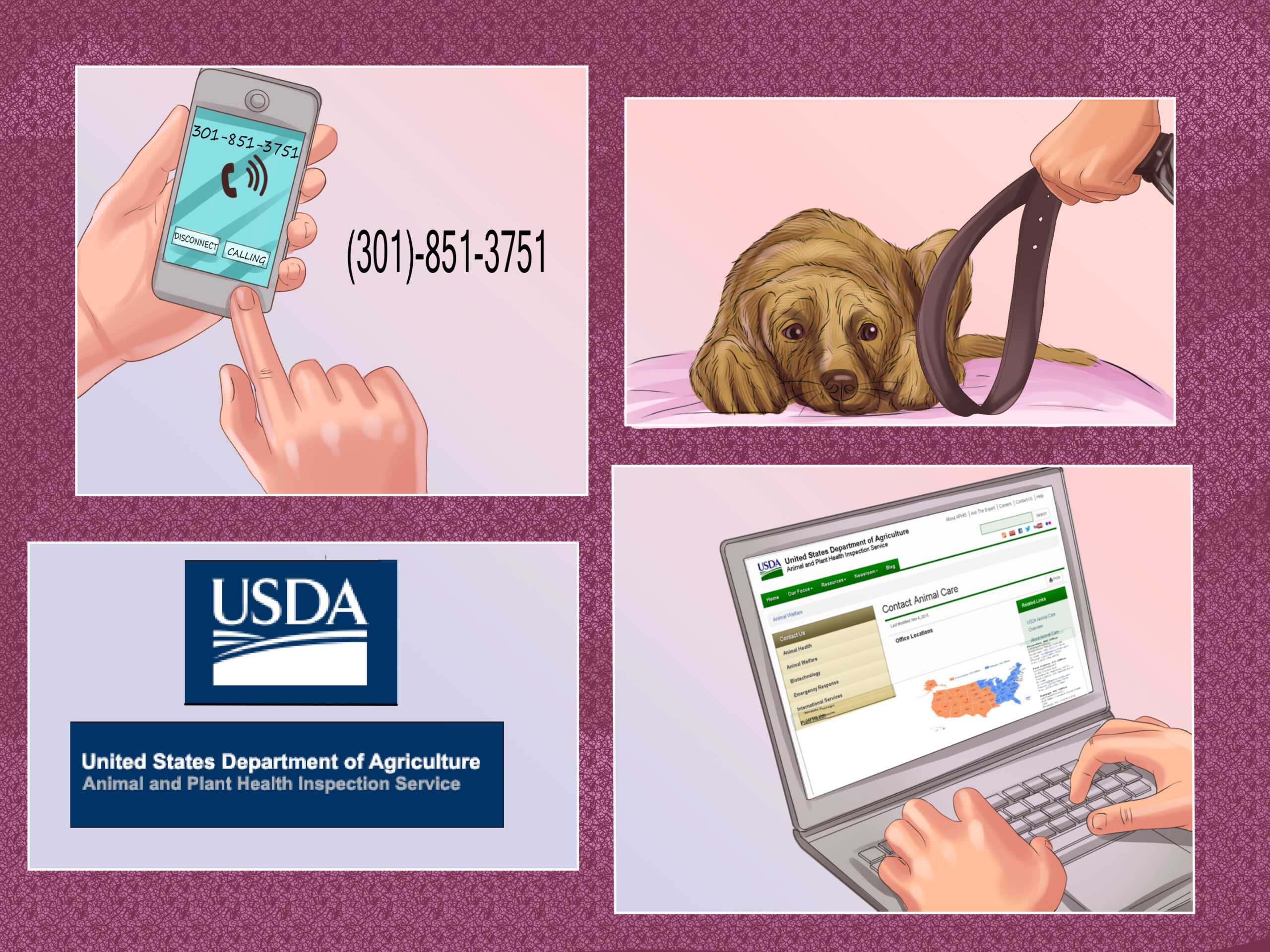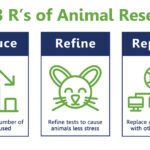In the intricate tapestry of community life, neighbors can serve as both guardians and perpetrators. When witnessing signs of potential animal abuse, an unsettling dilemma often arises: should one step forward to report the situation, risking not only personal relations but also potential repercussions? This guide is designed to navigate the murky waters of reporting animal abuse, empowering individuals to take appropriate action with wisdom and resolve.
Understanding Animal Abuse
Animal abuse manifests in various forms, ranging from neglect to intentional harm. It is crucial to have a nuanced understanding of what constitutes abuse. Neglect, for instance, could involve inadequate nutrition, lack of medical care, or unsatisfactory living conditions. On the other hand, physical abuse involves direct aggression, such as hitting or using objects to harm animals. Moreover, psychological abuse can occur through isolation or punishment that creates fear in the animal. Recognizing these signs is the first step in determining whether action is warranted.
Observing with Intent
Your senses are a vital tool; they can be the eyes and ears for those who cannot speak. Watching your neighbor’s interactions with their pets can reveal critical information. Are the animals often left outside without shelter in extreme weather? Do they appear malnourished or excessively thin? Anomalies in behavior, such as frantic barking or cowering in fear, can be pivotal signs of distress. Documenting these observations methodically can strengthen your case. Take notes regarding time, dates, and specific occurrences, as well as any photographic evidence when possible. This meticulous record-keeping can be invaluable later on.
Assessing the Stakes
Before making a decision to report, consider the nuances of your situation. What are the potential outcomes? Reporting may indeed protect the animals, but it can also lead to strained relationships with your neighbors. This is where the metaphor of the double-edged sword comes into play; while one side can deliver justice and aid to the voiceless, the other could sever the ties that bind a community.
Further complicating matters, laws regarding animal welfare can vary significantly from jurisdiction to jurisdiction. Understanding your local statutes can help clarify the severity of the situation and inform your decision on whether or not to contact authorities.
Knowing When to Take Action
Certain criteria can signal that it’s time to take action. If you observe blatant violations of local animal welfare laws, such as extreme neglect or physical abuse, intervention is not just appropriate; it is imperative. Additionally, if your observations lead you to believe an animal is in immediate danger, the urgency for intervention sharpens. The adage, “Inaction is action,” resonates profoundly in these circumstances—by remaining passive, one risks complicit acceptance of cruelty.
Reporting Animal Abuse
If you have decided that reporting is the necessary course of action, it is crucial to approach the situation with precision and care. Depending on your region, there are various channels through which you can report suspected animal abuse, including local animal control, humane societies, or law enforcement agencies. When making the report, present your observations clearly and succinctly. Providing detailed information can empower authorities to act efficiently.
Confidentiality is typically afforded to individuals reporting abuse, allowing you to maintain a degree of anonymity. This protection can alleviate concerns about neighborly retribution. However, be mindful that some jurisdictions may require your identity if an investigation ensues.
Support Systems
Reporting animal abuse doesn’t have to be a solitary endeavor. Numerous organizations and local advocacy groups can provide resources, knowledge, and support in navigating this process. Engaging with these entities can offer a wealth of information, connect you to others who share your concerns, and help fortify your ability to act responsibly and effectively.
Post-Reporting Considerations
The aftermath of reporting can vary greatly. In some cases, authorities may take swift action, leading to a positive outcome for the animals involved. However, it is also not uncommon to encounter situations where the response is less than satisfactory. In such instances, exploring additional forms of advocacy—such as community awareness campaigns, educational outreach, or further reporting to higher authorities—may be necessary. Just as the ripples in a pond spread far beyond the original drop, your actions can inspire others in the community to join the cause.
Emotional and Ethical Reflection
Taking action against animal abuse is laden with emotional complexity. One may grapple with feelings of guilt, anxiety, or fear of reprisal post-reporting. Such emotions are natural, yet must be contextualized within the broader moral framework that prioritizes animal welfare over interpersonal discomfort. Ethical obligations to address cruelty speak profoundly to our humanity and commitment to justice. In choosing to report, you stand as an advocate for those who cannot advocate for themselves, thereby aligning your actions with the foundational principles of compassion and integrity.
Conclusion
Deciding to report a neighbor for animal abuse requires both introspection and courage. By observing diligently, understanding the implications, and mobilizing the available support, not only are you addressing the plight of an animal in distress, but you also contribute to a culture of accountability within your community. The journey may be challenging, but like the resolute coral reef, steadfast in the face of turmoil, so too can you emerge as a beacon of hope for those who cannot speak for themselves.







